TOWARD EUROPE: THE 1990S
The 1990 outbreak of the Gulf War shifted the spotlight, with Özal opening Turkish airbases for the Allied air offensive. This robust demonstration of Western alignment was undone by further PKK terrorism and the retaliatory bombing of Iraqi Kurd villages by the Turkish airforce in 1992.
You can click here to read 1970s and 1980s in Turkey.
In May 1993, following Özal’s sudden death, the True Path Party elected Tansu Çiller, Turkey’s first female prime minister. That might have seemed progressive, but. later elections showed support for Islamic parties, largely in reaction to a growing income gap between the rich and the poor. Ultimately Çiller was removed for ineffectiveness and corruption.
Class tensions mounted in January 1998, when Turkey’s highest court dissolved the Islamic Welfare Party and banned its leader, Necmettin Erbakan, from politics for five years. Welfare Party members then reorganized themselves into the allegedly secular Virtue Party, or Fazilet, focused on freedom of expression and democratization. Suspicious opponents of the former Welfare Party, however, believe that the new party’s agenda is still Islamically centered. In April 1998, Istanbul mayor and Fazilet supporter Recep Tayyip Erdoğan (RTE) was sentenced to ten months in jail for reading a poem describing minarets as “our bayonets.”
Turkey’s secular dress code has also sparked controversy, with the government attempting to curb the wearing of head scarves in universities. Under a new law, a bare head is a requirement for a student ID card photo and, hence, the ability to enter final exams. Religious women students have protested and sidestepped this rale by wearing showy blond wigs over their head scarves and by holding street demonstrations.
As the European Union finalized its members list, Turkey’s role remained unclear. In 1987, it. had applied for full membership, but was rejected in 1989 because its market wasn’t developed enough by European standards. Other factors included Turkey’s less-than-stellar human rights record, high inflation, and control of Northern Cyprus. European nations also feared that the number of Turkish immigrants working in the rest of Europe would increase if visas were made unnecessary. In early 1995, Turkey was accepted into the European Customs Union, but on the condition that the Turkish Parliament make hundreds of new laws and changes to the constitution by that October. The European Union again denied Turkey candidacy for membership in December 1997. That same year, the EU’s selection of Cyprus as a potential candidate angered Turkey, which threatened in late March 1998 to begin a new war with Cyprus.
After several years of unstable coalitions and frequent charges of political corruption, Turkey went to the polls in April 1999 for the first general election since 1995. The results were surprising to most analysts. As expected, the Democratic Left Party (DSP), the party of veteran politician and caretaker Prime Minister Bülent Ecevit, triumphed, but he could not form government alone. The surprise coalition partner was DSP’s old political foe, the right-wing National Action Party (MHP), led by Devlet Bahçeli. The Islamic inclined party, Fazilet, performed poorly given its successes just a few year’s before.



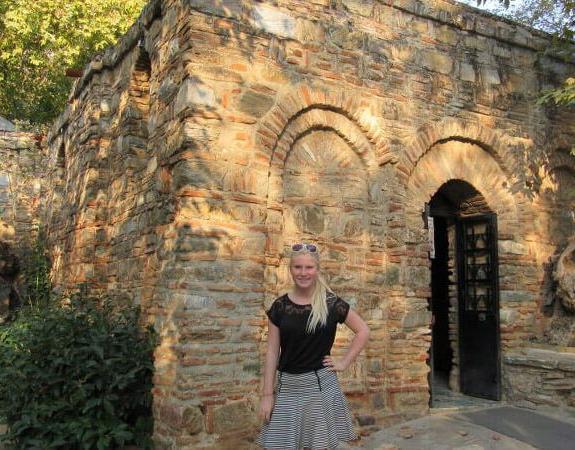

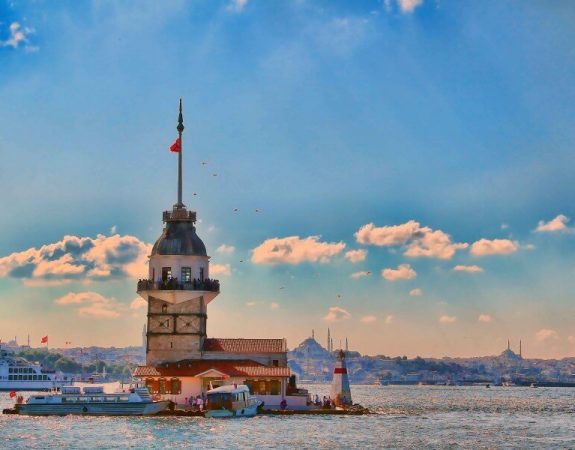
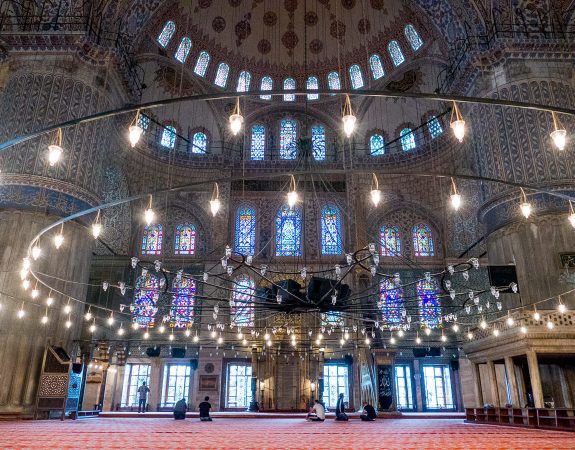

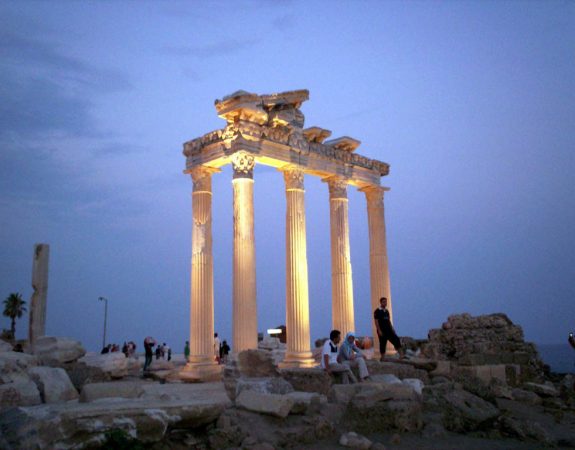

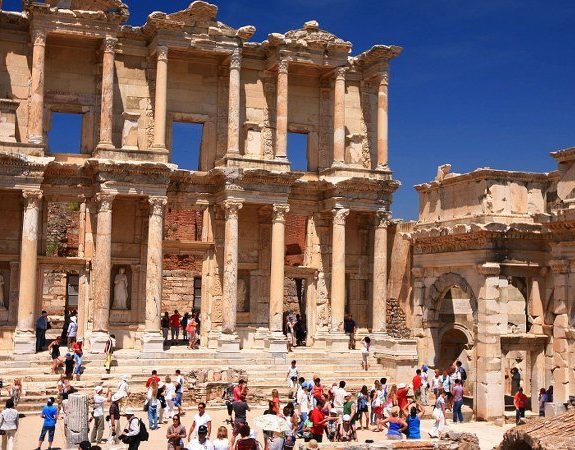
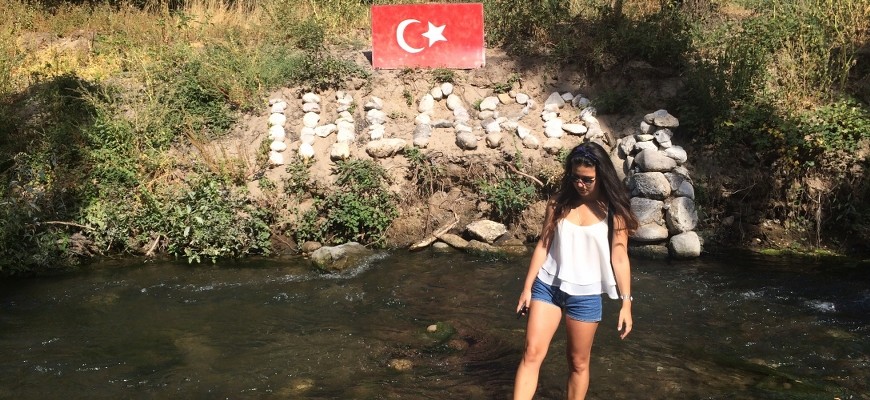
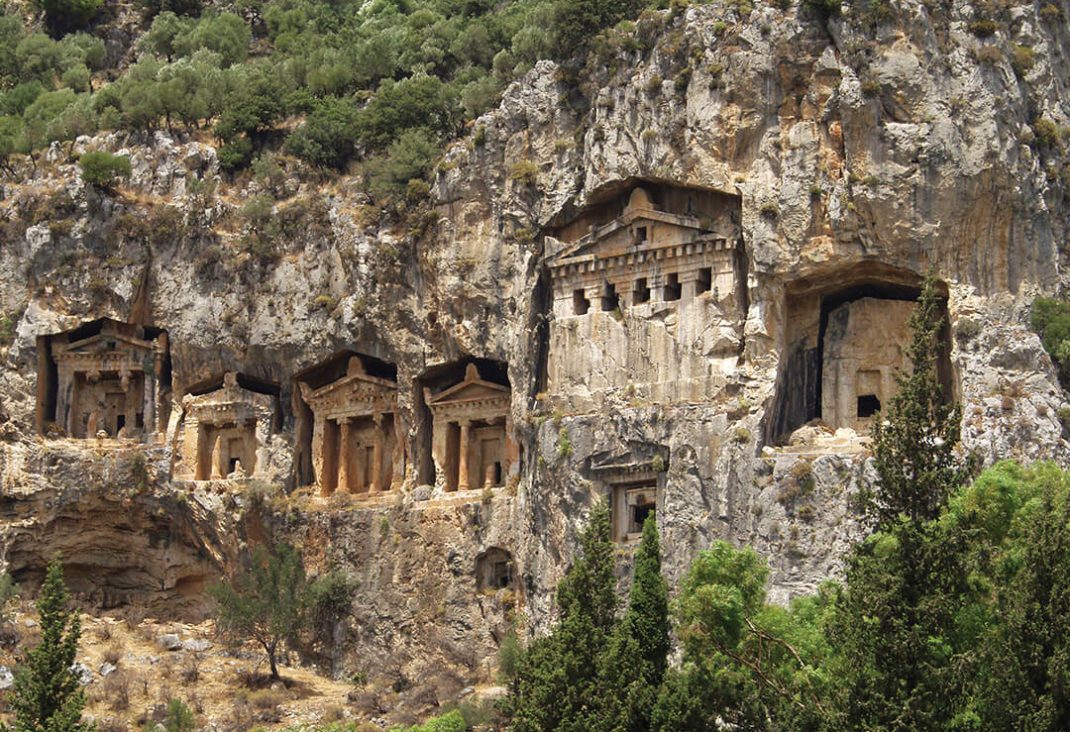
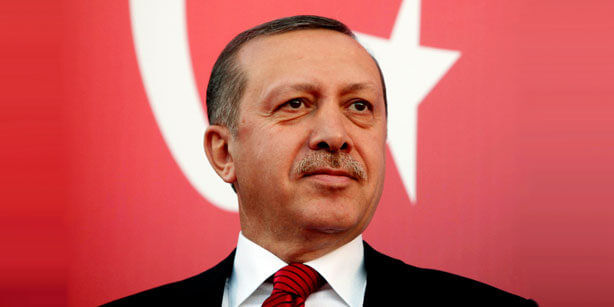
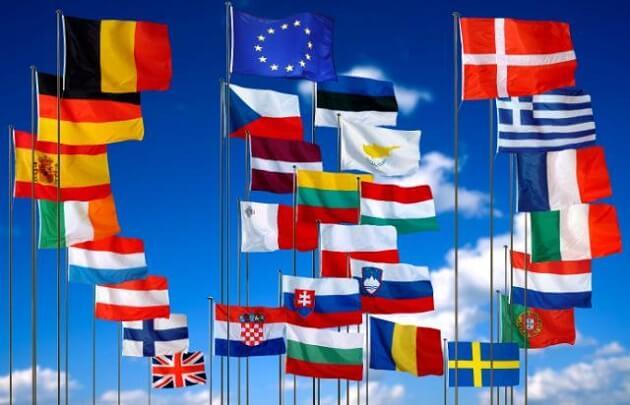
Leave a Reply